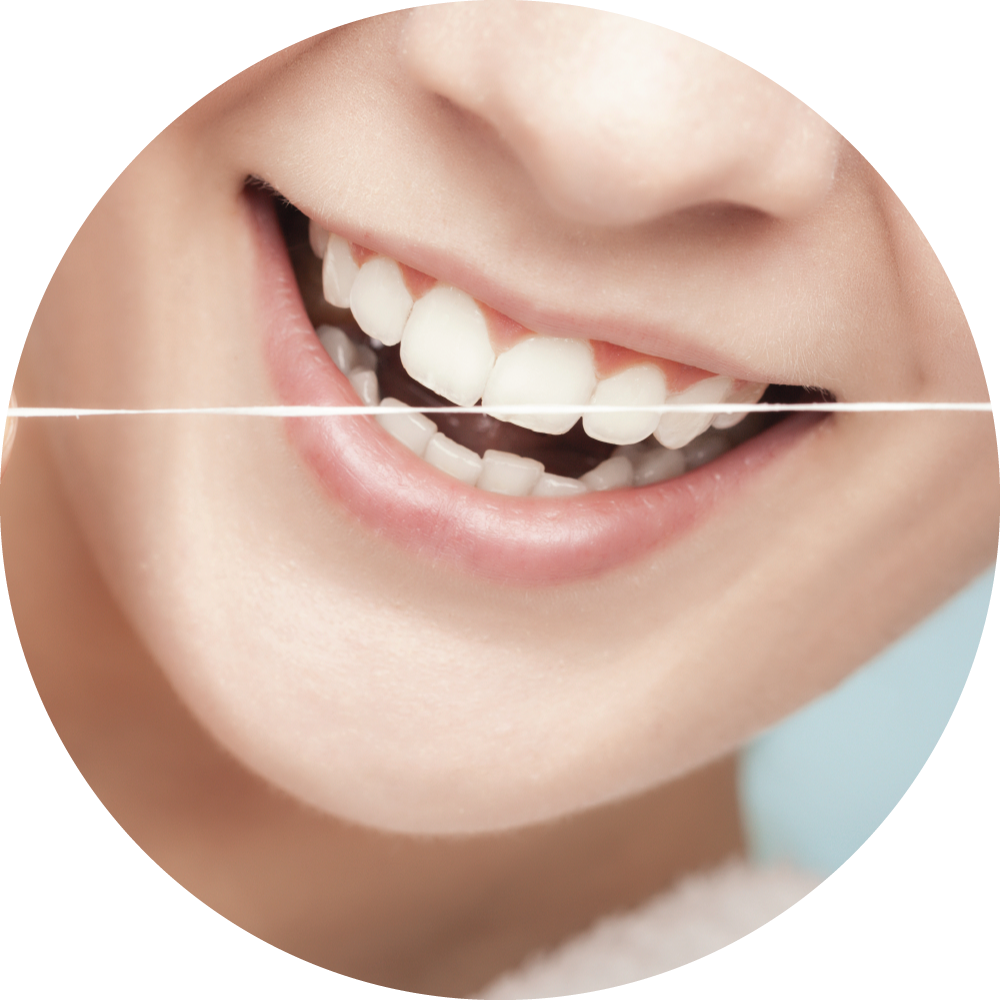taking care of your gums


Gum Care
Looking after your gum health is so important. Here are 7 top tips:
- Excellent home care – an electric toothbrush, oral irrigator, interdental brushes or floss. We will have advised you accordingly.
- Regular dental visits – healthy mouth assessment, x-rays if appropriate, deal with any bite problems, any treatment recommended including referral to specialist if appropriate.
- Regular hygienist visits for professional cleaning, monitoring and appropriate advice
- Stop smoking!
- Good nutrition – a wide variety of fruit and vegetables
- Stress Management – Manage your stress and anxiety
- General health – Promoting general health – consideration of a regular exercise regime, looking at staying within guidelines for alcohol consumption. Sleep – 7 hrs is optimal. Let’s work together.
What can happen if you don’t look after your gums?
Periodontal Disease
There are many different conditions which may affect the skin of your mouth and your gums. Chronic periodontal disease is very common – affecting over 50 % of the population at some time in their lives. It can be mild, moderate or advanced. It is normally characterised by the destruction of the bone around the roots of your teeth and is normally associated with you experiencing bleeding gums (although smokers may not exhibit any bleeding gums).
You can lose a little bone, or a lot of bone. It is an inflammatory condition. As well as poor oral hygiene, it is likely that any lifestyle factor which causes release of inflammatory chemicals into the blood will be very important in developing periodontal disease. Poor diet/obesity/smoking/lack of exercise/chronic stress are all significant lifestyle factors. The risk factors or causes of gum disease are multiple and it is likely that you will need to address several factors if you want to get the disease under control.
Those risk factors can include…
- Poor Oral Hygiene
- Smoking
- Diabetes
- Genetics
- Bite problems
- Obesity
- Poor nutrition
- Stress/Anxiety
- Poor Oral Hygiene
- Smoking
- Diabetes
- Genetics
- Bite problems
- Obesity
- Poor nutrition
- Stress/Anxiety
We can help you to manage most of the risk factors listed above. The difficulty for you is that in the early stages at least you may be unaware of the presence of disease, and there may be no pain or obvious signs that there is a problem with your gums. It may be only when the condition is advanced that you may experience looseness or tenderness or a swollen gum, and by this stage the situation is much more serious and difficult to treat. We measure the absence or presence of disease by probing your gums for pockets, and deeper pockets means more damage to the bone has taken place. We also look for and measure any points where your gums bleed, as bleeding is a sign that your gums are unhealthy.
In fact the absence or presence of bleeding is the best way that you as a patient can “self police” the health of your gums. You should associate bleeding with unhealthy gums and no bleeding as a good sign that your gums are likely to be healthier. If your gums are bleeding then you may notice a taste of blood or see blood on your toothbrush or interdental device (floss or interdental brush) or see blood when you rinse out. We need to eliminate the bleeding from your gums – only meticulous daily hygiene will do this – it may take several weeks to resolve bleeding. We need to work together.
Remember the 3 Ms
- Managing your risk factors
- Maintenance of your gums
- Monitoring regularly
- Managing your risk factors
- Maintenance of your gums
- Monitoring regularly
